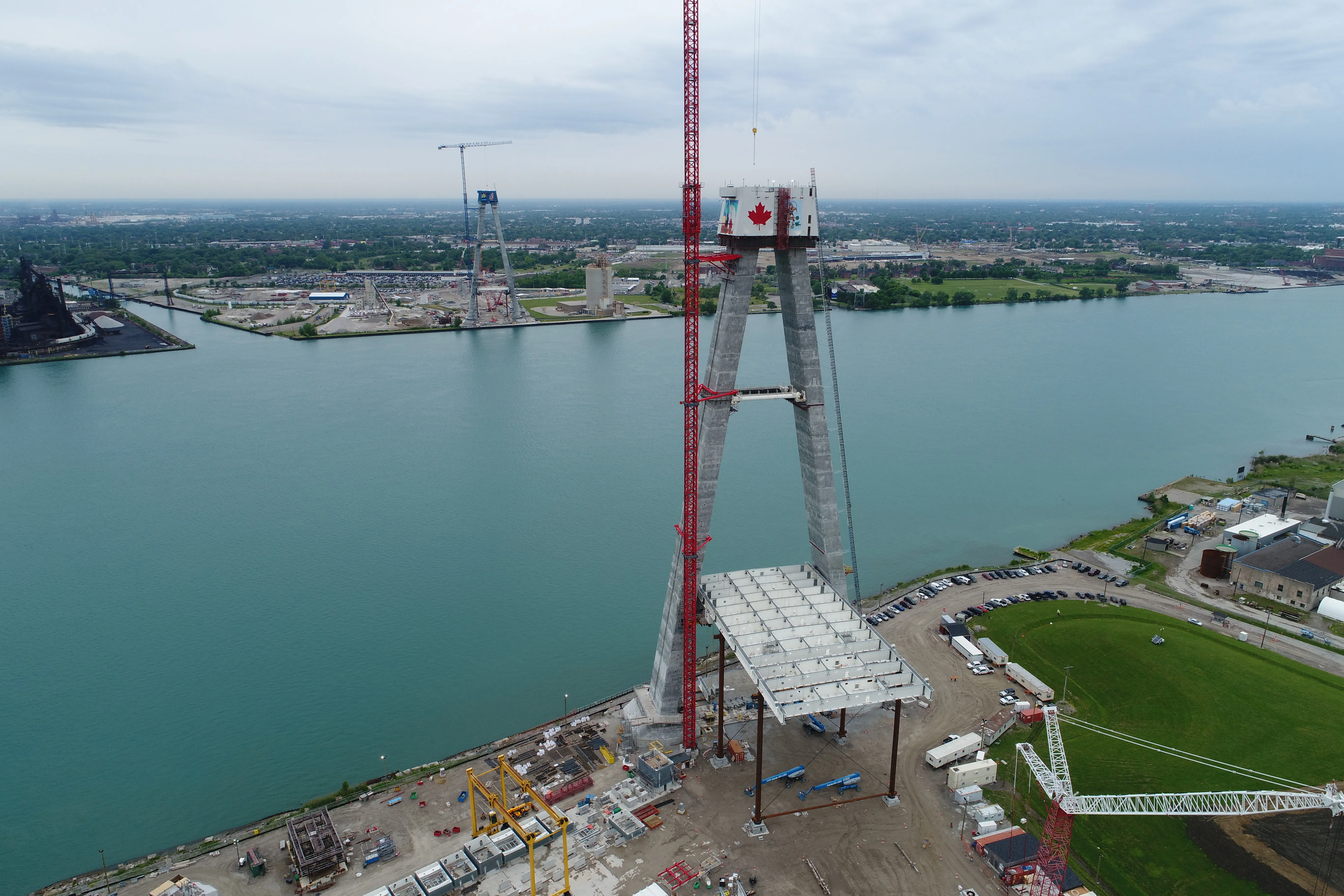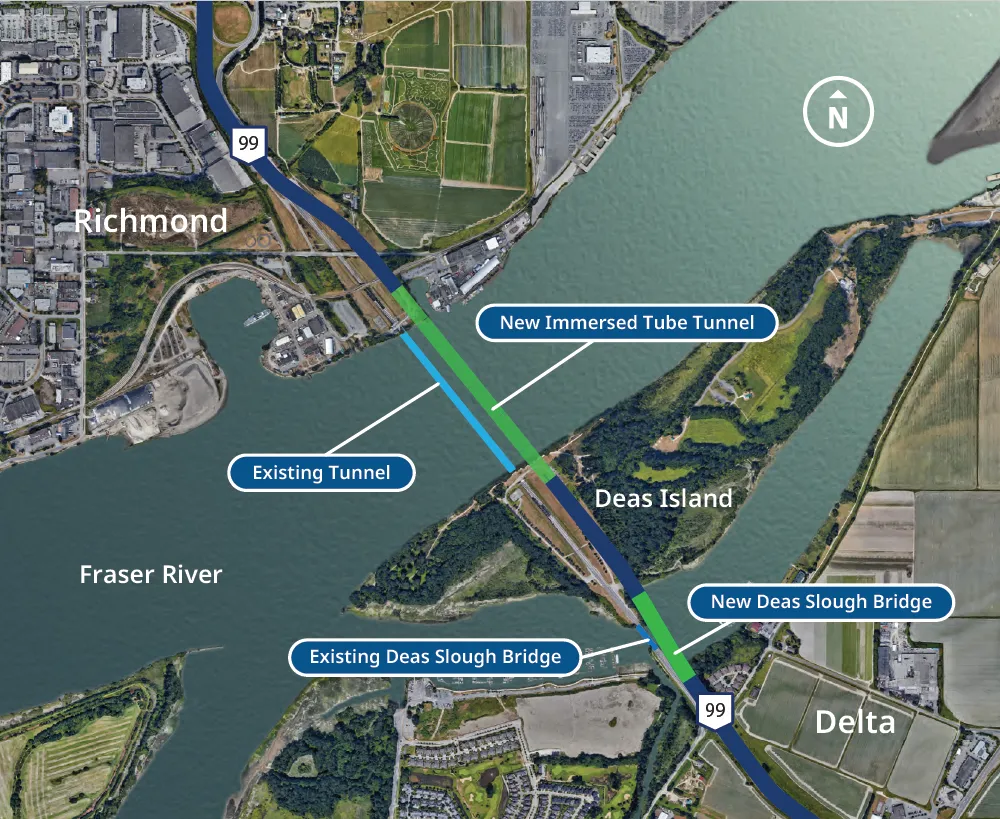
The Canadian province of Alberta is moving ahead with upgrades to Highway 15 and 19, close to the provincial capital Edmonton.
The provincial government and the federal Canadian government in the Canadian capital Ottawa will share the cost of the two projects through the New Building Canada Fund—Provincial-Territorial Infrastructure Component—National and Regional Projects. Ottawa is putting in US$58 million (CAN$73 million) while Alberta is contributing over $90.1 million (CAN$114 million).
Highway 15 is the primary route and vital trade corridor that links Edmonton to Fort Saskatchewan, a city of around 27,000 and home to major petrochemical plants and refineries. Work involves twinning about 8km of Highway 15, constructing a bridge crossing the North Saskatchewan River and extending the rail bridge crossing. The government of Canada is contributing $36 million (CAN$45.3 million) and the government of Alberta is putting in nearly $50 million (CAN$62.7 million).
The other project is another upgrading phase for Highway 19, a priority east–west route connecting Highway 60 near the town of Devon to Highway 21 east of the town Beaumont - both towns close to Edmonton. Phase 2 of the twinning project involves expanding 3.5km east of Highway 60 from two to four lanes as well as upgrading an intersection and a service road south of Edmonton. This section of Highway 19 is handling more traffic than its design maximum. The government of Canada is contributing $22 million (CAN$27.7 million) and Alberta is contributing $40.1 million (CAN$51.3 million).
Through the Investing in Canada infrastructure plan, the federal government is investing more than $143.2 billion (CAN$180 billion) over 12 years in public transit projects, green infrastructure, social infrastructure, trade and transportation routes and Canada's rural and northern communities.
In Alberta, the government of Canada has invested more than $3.9 billion (CAN$4.9 billion) in 350 infrastructure projects under the Investing in Canada Infrastructure Programme.
Alberta's $16.5 billion (CAN$20.7 billion) 2021-2024 Capital Plan is helping build critical infrastructure across the province.









